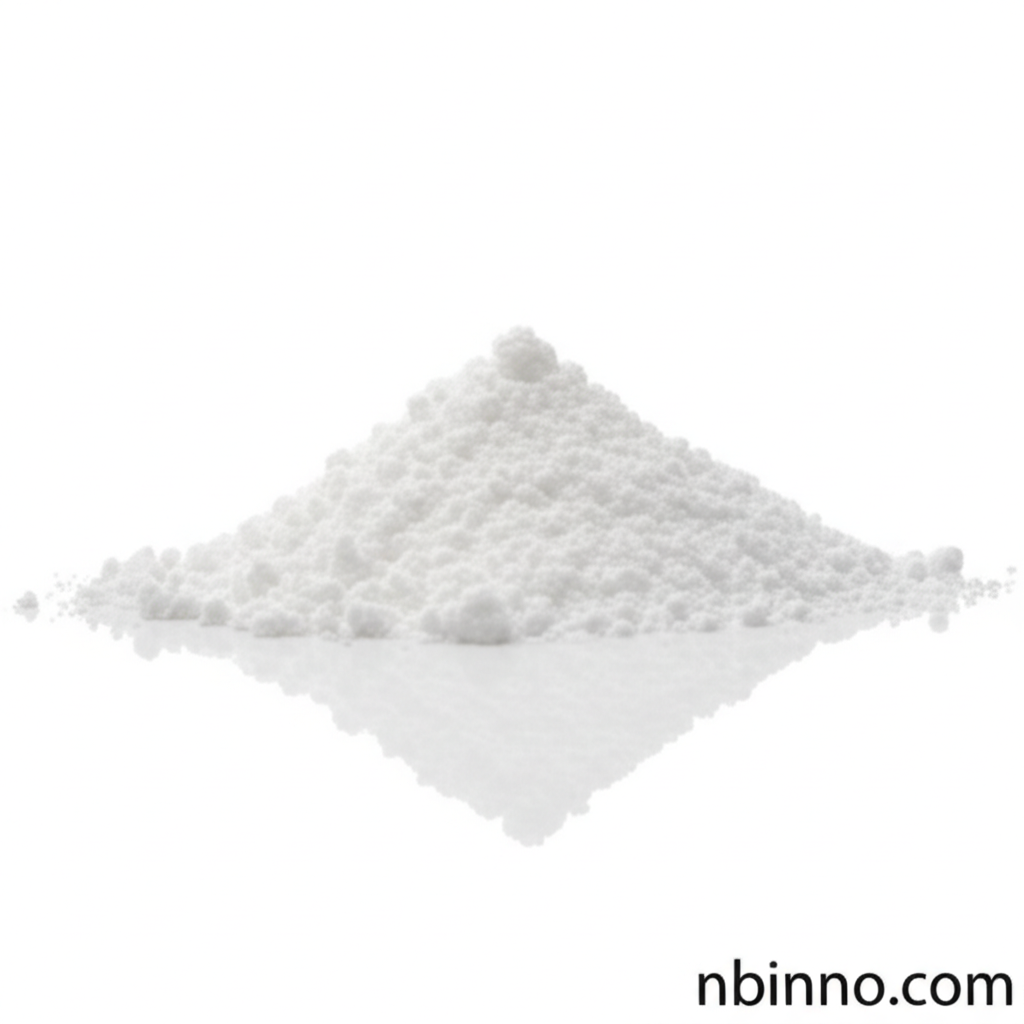N-Acetyl-L-norleucine: Enhancing Brain Health and Neuroprotection
Discover the potential of this amino acid derivative in advanced research and pharmaceutical development.
Get a Quote & SampleProduct Core Value

N-Acetyl-L-norleucine
N-Acetyl-L-norleucine (Ac-Nle-OH) is a versatile amino acid derivative recognized for its significant role in biochemical research and pharmaceutical applications. Its unique structural properties, including an acetyl group that enhances solubility and stability, make it a valuable building block in peptide synthesis and protein engineering, crucial for developing therapeutic agents. Researchers are exploring its potential in treating metabolic disorders and neurodegenerative diseases, leveraging its ability to modulate biological activity for improved efficacy and reduced side effects. Its compatibility with other amino acids allows for the creation of tailored peptides that target specific biological functions, making it a key component in innovative drug formulations and advanced biochemical research.
- Discover the applications of N-Acetyl-L-norleucine in advanced biochemical research, contributing to a deeper understanding of metabolic pathways.
- Explore its use as a crucial peptide building block in the synthesis of novel therapeutic compounds.
- Understand the potential of Ac-Nle-OH in the treatment of metabolic disorders, offering new avenues for patient care.
- Learn about the pharmaceutical development of this amino acid derivative for enhanced bioavailability and stability in drug formulations.
Key Advantages
Enhanced Bioavailability
The presence of an acetyl group on L-norleucine significantly improves its solubility and stability, contributing to better bioavailability in pharmaceutical applications.
Versatile in Peptide Synthesis
As a key peptide building block, N-Acetyl-L-norleucine facilitates the creation of complex peptides for drug development and protein engineering projects.
Therapeutic Potential
Its application in research for metabolic disorders and neurodegenerative diseases highlights its promise as a therapeutic agent, offering hope for novel treatments.
Key Applications
Peptide Synthesis
Serves as a critical component in the synthesis of peptides, vital for developing novel therapeutic agents and advancing protein research.
Pharmaceutical Development
Used in drug formulation to enhance the efficacy and stability of medications targeting specific biological pathways, contributing to improved patient outcomes.
Biochemical Research
Employed by researchers to study enzyme activity and protein interactions, providing valuable insights into metabolic processes and disease mechanisms.
Cosmetic Industry
Incorporated into skincare formulations for its potential anti-aging properties, aiming to improve skin elasticity and hydration.
